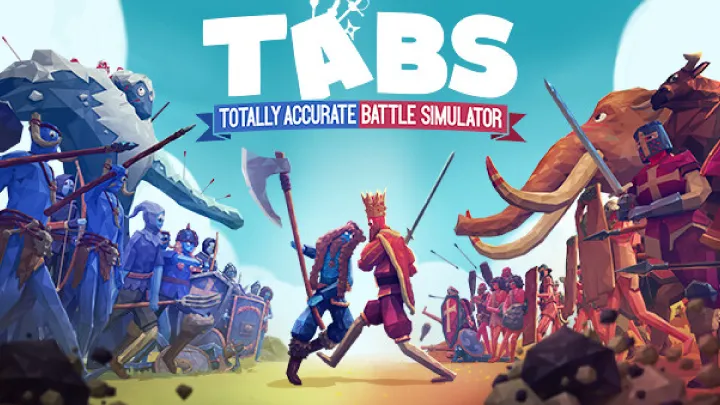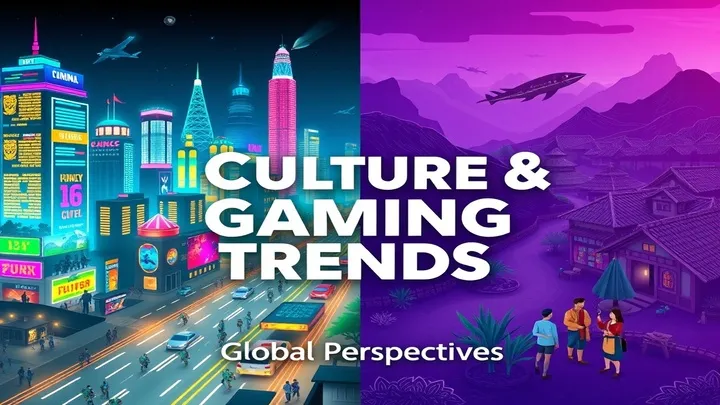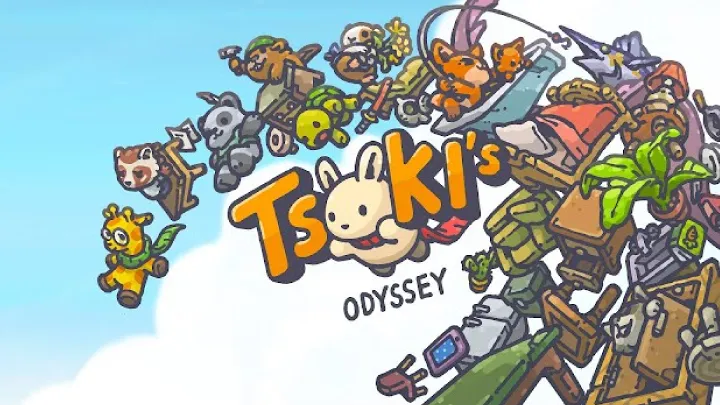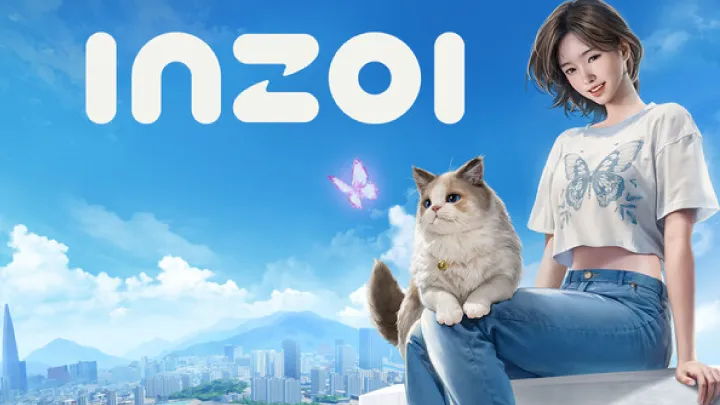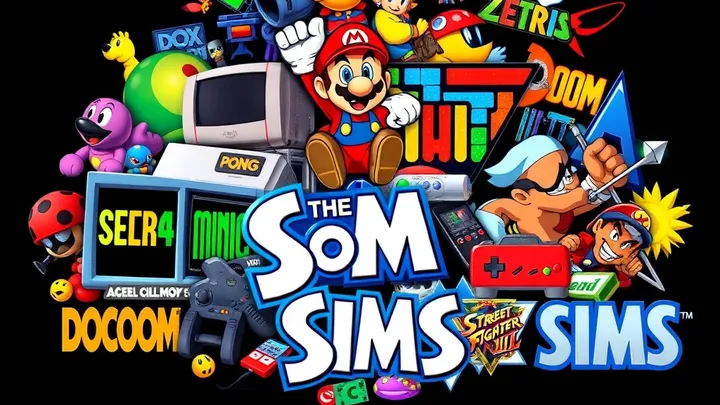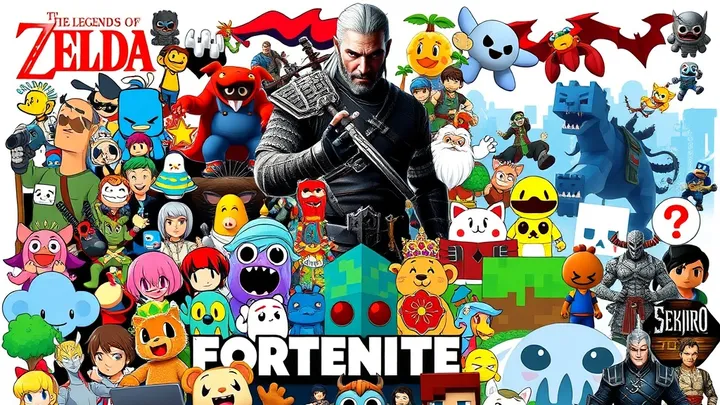The Legend of Zelda: Majora's Mask – The Complexity of Time and Emotion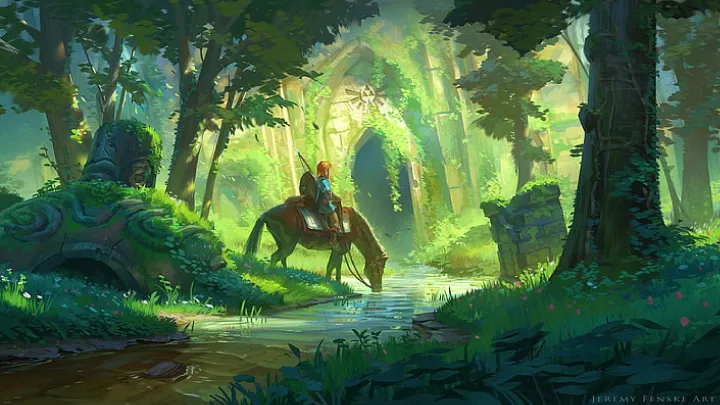
The Legend of Zelda: Majora's Mask is often regarded as one of the most unique entries in the Zelda franchise, primarily due to its innovative use of time and its exploration of darker themes. Released in 2000 for the Nintendo 64, the game diverges from the traditional formula of its predecessors, introducing a time-based mechanic that challenges players to navigate a world doomed to destruction in just three days. This article delves into the complexities of time in Majora's Mask, examining its emotional depth, gameplay mechanics, and narrative implications.
The Three-Day Cycle
A Race Against Time
At the heart of Majora's Mask is the three-day cycle, a mechanic that creates an intense sense of urgency. Players have a limited timeframe to complete quests, solve puzzles, and ultimately prevent the moon from crashing into the world of Termina. This cycle compels players to think strategically about how they allocate their time and prioritize objectives.
The Role of the Ocarina
The Ocarina of Time returns in Majora’s Mask, but its function shifts significantly. Players can learn songs that manipulate the flow of time, allowing them to slow down the three-day cycle or return to the beginning of the first day. This mechanic not only enhances gameplay but also underscores the themes of regret and the desire to change one’s fate.
Emotional Resonance
Themes of Loss and Grief
One of the most striking aspects of Majora's Mask is its exploration of loss and grief. The game presents a world on the brink of destruction, with townsfolk grappling with their impending fate. Players encounter numerous characters dealing with personal tragedies, from the sorrowful musician in the Clock Tower to the grieving parents of the lost children in the swamp.
The Burden of Knowledge
As Link, players are acutely aware of the impending doom that looms over Termina. This knowledge creates an emotional burden, as players must confront the reality that their actions may not save everyone. The game challenges players to find meaning and connection in the face of despair, emphasizing the importance of relationships and community.
The Complexity of Character Interactions
Side Quests and Personal Stories
The side quests in Majora's Mask are intricately woven into the narrative, allowing players to delve into the lives of the various inhabitants of Termina. Each character has their own story, often tied to the overarching theme of time and loss. For example, helping the cursed Skulltula family or assisting the young couple, Anju and Kafei, highlights the personal stakes within the broader context of the impending apocalypse.
The Emotional Impact of Choices
Players are frequently confronted with moral choices that can lead to different outcomes for the characters. These choices imbue the gameplay with emotional weight, as players must grapple with the consequences of their actions. The ability to help—or fail to help—characters enhances the game’s emotional depth, transforming simple tasks into poignant moments of connection.
The Mechanics of Time Manipulation
Navigating the Cycle
The gameplay mechanics of Majora's Mask require players to navigate the tight confines of the three-day cycle. Players must learn to manage their time effectively, deciding which quests to undertake and when to use the Ocarina to manipulate time. This creates a unique rhythm to the gameplay, requiring strategic thinking and planning.
The Moon and Its Symbolism
The looming moon serves as a constant reminder of the urgency of the situation. Its gradual descent creates a palpable tension, influencing the player’s sense of urgency. As the moon gets closer, the stakes are raised, heightening the emotional impact of the game. The moon symbolizes not just the threat of destruction but also the inevitability of time and fate.
The Role of Masks in Identity
Transformative Powers
One of the defining features of Majora's Mask is the ability to collect and wear masks that grant Link various powers. Each mask represents a different aspect of identity, allowing Link to transform into other beings such as a Deku Scrub, Goron, or Zora. This mechanic not only adds depth to gameplay but also explores themes of transformation and empathy.
Understanding Others
The masks serve as a metaphor for understanding and connecting with others. By assuming different identities, Link can experience the world from various perspectives, fostering empathy for the struggles of the characters he encounters. This mechanic encourages players to engage with the world of Termina on a deeper level, highlighting the importance of compassion in the face of adversity.
The Narrative Structure
Non-linear Storytelling
Majora's Mask employs a non-linear narrative structure, allowing players to explore the world at their own pace within the constraints of the three-day cycle. This structure creates a sense of freedom while simultaneously imposing limits, challenging players to find creative solutions to advance the story.
Foreshadowing and Symbolism
The game is rich with foreshadowing and symbolism, enhancing the narrative’s complexity. Characters often hint at their fates, creating a sense of inevitability that permeates the game. The use of symbols, such as the various masks and the moon, reinforces the themes of identity, time, and the human experience.
Player Agency and Consequences
The Weight of Actions
The time travel mechanic and character interactions in Majora's Mask emphasize player agency. Players’ choices have tangible consequences, and the emotional weight of these decisions resonates throughout the game. This design fosters a deeper connection between the player and the narrative, inviting reflection on the nature of choice and its impact on others.
The Illusion of Control
While players have the power to influence the events of Termina, the overarching narrative remains fixed. This tension creates an illusion of control that encourages players to engage with the story on a personal level. The knowledge that some characters may not be saved regardless of their actions adds a layer of poignancy to the gameplay experience.
The Legacy of Majora's Mask
Influence on Future Titles
Majora’s Mask remains a standout title in the Zelda series, influencing subsequent games with its innovative mechanics and emotional depth. The exploration of darker themes and the use of time manipulation have inspired other titles in the gaming industry to experiment with similar concepts.
A Cult Classic
Despite its initial mixed reception, Majora's Mask has grown in stature over the years, becoming a cult classic. Its unique approach to storytelling, character development, and gameplay mechanics has solidified its place in gaming history, resonating with players who appreciate its complexity and emotional resonance.
Conclusion
In conclusion, The Legend of Zelda: Majora's Mask masterfully weaves together themes of time, loss, and personal connection through its innovative gameplay mechanics and narrative structure. The three-day cycle creates an urgent backdrop for the emotional journeys of its characters, while the use of masks invites players to empathize with different perspectives. The game challenges players to confront the inevitability of fate and the weight of their choices, making it a profound exploration of the human experience. As one of the most unique entries in the Zelda franchise, Majora's Mask continues to resonate with players, showcasing the power of storytelling in video games.







